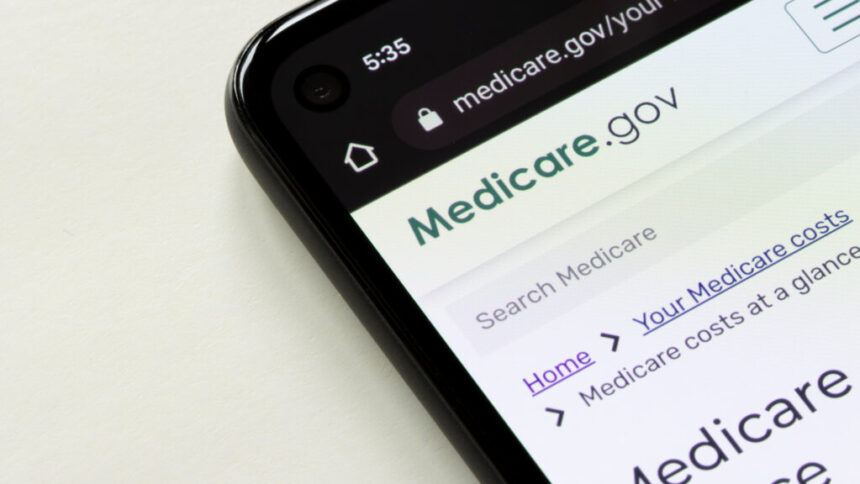The latest report from the Congressional Budget Office (CBO) has brought some unexpected good news for Medicare’s financial future. According to the CBO’s long-term predictions of the federal budget, Medicare’s primary funding source will not run out until 2052. This is 17 years later than what was previously estimated by CBO analysts.
Bill Hoagland, a senior vice president at the Bipartisan Policy Center and a former CBO analyst, expressed surprise at the revised projections. He and his colleagues closely examined the CBO report and the new Medicare estimates. The news of Medicare’s extended financial stability has been met with cautious optimism by experts in the healthcare industry.
The updated projections offer a more positive outlook for the sustainability of Medicare, one of the government’s largest and most critical social programs. Medicare provides health insurance for millions of Americans aged 65 and older, as well as for certain younger individuals with disabilities.
The unexpected extension of Medicare’s financial viability can be attributed to various factors, including changes in healthcare spending trends, improvements in the program’s efficiency, and adjustments to Medicare policies and regulations. These factors have collectively contributed to a more optimistic outlook for Medicare’s financial future.
Despite the positive news, experts emphasize the importance of continued monitoring and strategic planning to ensure the long-term stability of Medicare. As the population continues to age and healthcare costs rise, it is crucial for policymakers to implement measures that will sustain Medicare for future generations.
Overall, the revised projections from the CBO offer a glimmer of hope for Medicare’s financial future. By staying vigilant and proactive, policymakers can work towards securing the longevity of this vital healthcare program for years to come.








